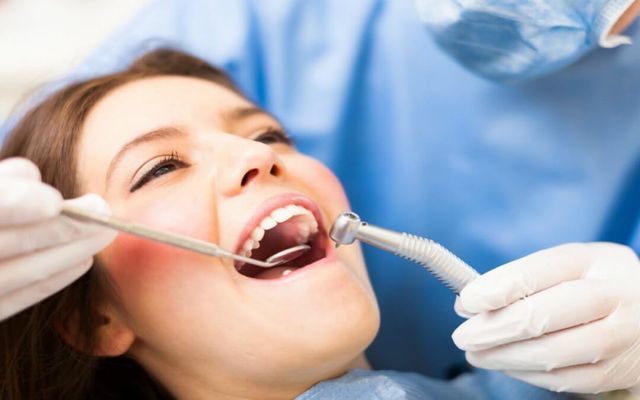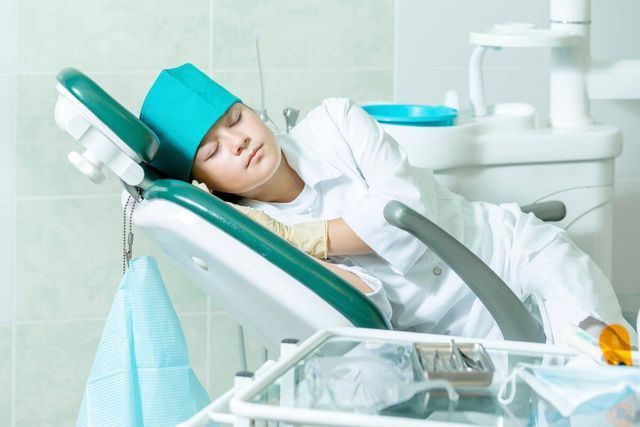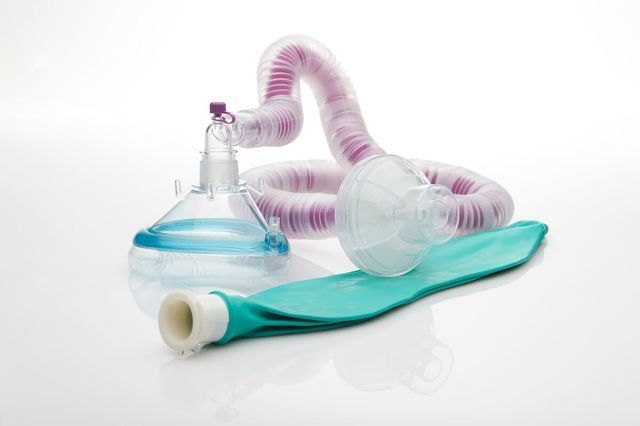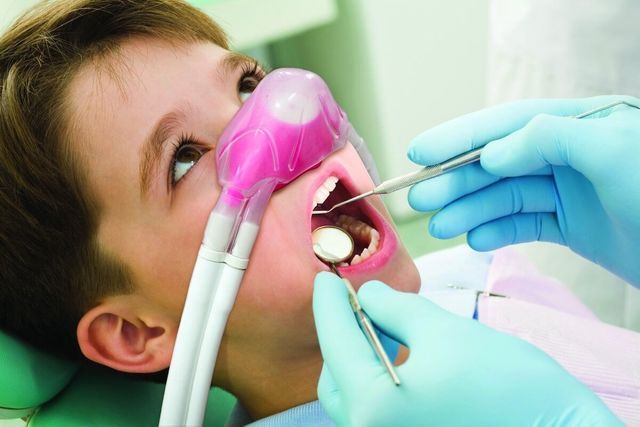SEDATION DENTISTRY IN PORT COQUITLAM
If you are considering IV sedation or general anesthesia for your next dental treatment, chances are you have some lingering questions about what you should expect. We have done our best to answer the most frequently asked questions below, although we invite you to call or email our office if you have further concerns not addressed.
What are the benefits of IV sedation and general anesthesia?
Sedation and anesthesia are useful for a number of purposes. Specifically, complex procedures are shortened to a single appointment, as opposed to multiple procedures that are inconvenient and uncomfortable for the patient. Furthermore, sedation and anesthesia can help improve treatment efficacy in children and patients with special needs, and it can also help relieve worries among patients with previously negative dental experiences.


Is sedation or anesthesia necessary for all patients and procedures?
No. In fact, the majority of dental procedures are performed using local anesthetic for pain management. Also, some patients may exhibit certain health factors that prevent the safe administration of general anesthesia.
Is sedation and anesthesia safe?
Absolutely – for patients deemed healthy enough for anesthesia or sedation. You are in good hands with an experienced dental anesthesiologist with many years of training. All of your vital signs are carefully monitored for the duration of your treatment. However, you will be given a set of strict instructions for use prior to and following your procedure. Adhering to these rules is paramount to ensuring a safe sedation or anesthesia experience.
My child will be undergoing anesthesia. Is there anything I should know?
Sedation and anesthesia are useful for a number of purposes. Specifically, complex procedures are shortened to a single appointment, as opposed to multiple procedures that are inconvenient and uncomfortable for the patient. Furthermore, sedation and anesthesia can help improve treatment efficacy in children and patients with special needs, and it can also help relieve worries among patients with previously negative dental experiences.


What should I expect upon arriving for my procedure?
Sedation and anesthesia are useful for a number of purposes. Specifically, complex procedures are shortened to a single appointment, as opposed to multiple procedures that are inconvenient and uncomfortable for the patient. Furthermore, sedation and anesthesia can help improve treatment efficacy in children and patients with special needs, and it can also help relieve worries among patients with previously negative dental experiences.
Is a breathing tube necessary for my procedure?
We are unable to determine whether you will need a breathing tube while under general anesthesia, as that decision is made on a patient-to-patient basis. In many cases, breathing tubes are not necessary, as dental anesthesia allows for the continuation of intermittent patient breathing.
What will happen after I wake up?
Sedation and anesthesia are useful for a number of purposes. Specifically, complex procedures are shortened to a single appointment, as opposed to multiple procedures that are inconvenient and uncomfortable for the patient. Furthermore, sedation and anesthesia can help improve treatment efficacy in children and patients with special needs, and it can also help relieve worries among patients with previously negative dental experiences.

Quick Contact
HOURS
- Mon - Tue
- -
- Wed - Thu
- -
- Friday
- -
- Sat - Sun
- Closed